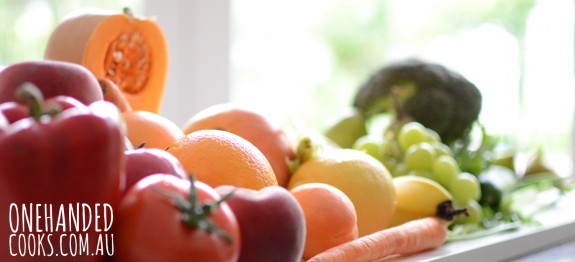Why Babies and Toddlers Don’t Need Salt
We are all about encouraging home cooked meals for your babies and toddlers and a progression on to family meals, but it is important to remember that babies and toddlers need very little salt in their diets. When you are cooking up a storm in the kitchen it can be too easy just to add a pinch of salt here or there, unknowningly use ingredients that are high in salt or even just puree up some of your own meal that may be too high in salt for your bub. In Australia and New Zealand salt is not allowed as an ingredient in packaged food for babies under 12 months so its important that you don’t add any salt to their home cooked meals either.
Here are some reasons why babies and toddlers don’t need salt.
1. Damaging to their kidneys. Adding salt to their food can be damaging to young babies kidneys as their kidneys are immature and can’t cope with too much salt.
2. Leads to fussy eating. Eating salty foods will likely result in children developing a taste for salt leading to poor eating habits, fussy eating and health concerns later in life.
3. Babies have a heightened sense of taste. Their sense of taste is much more sensitive than that of adults. So while their food may taste bland to you it may be full of flavour to them.
Here are some tips on how to keep your babies salt intake low.
1. Until 12 months of age keep breast milk or formula as your baby’s main drink. Breast milk naturally contains a small amount of salt and formula is developed to contain the right amount of nutrients including salt. Cow’s milk contains much more salt than both breast milk or formula so should be avoided as children’s main drink until they are at least 12 months old.
2. Give your baby low salt foods. Fresh fruits, vegetables, lean meats, poultry, eggs and legumes are all naturally low in salt.
3. Don’t add salt in cooking. Use low salt salt food products in cooking and don’t add salt especially to family meals. Adults can always add extra salt to their food if really necessary.
4. Try using herbs and spices. If you feel you need to add flavour to your babies meals try introducing small amounts of herbs and spices into their food rather than salt.
5. Be careful of packaged foods. These are often very high in salt. E.g. yeast extacts and spreads, family style pre-packaged meals, takeaway and fried foods, crackers and chips, processed meats and commercial sauces, gravies and stock.
6. Cook your own. Home cooking is the best way to control the amount of salt in your family’s food. Cooking big batches of homemade sauces and stock (without salt of course!) and freezing in small portions offers the same convenience as packaged sauces but is often better on taste and value.
7. Understand food labels. Choose food packages with “no added salt” and check nutrition information panels and ingredients list on food packages to avoid products that contain too much salt. Foods low in salt contain less than 12o mg per 100g, foods moderate in salt contain 120-600 mg per 100g and foods high in salt contain more than 600mg per 100g.
Join us on Facebook for other foodie bits and pieces.





























posted by jen on April 26, 2016
I had heard that regular table salt was bad, but a little pink salt was good as its full of much needed minerals that be good. My little one is 11.5 months old and I just started adding a smidge to his meals.